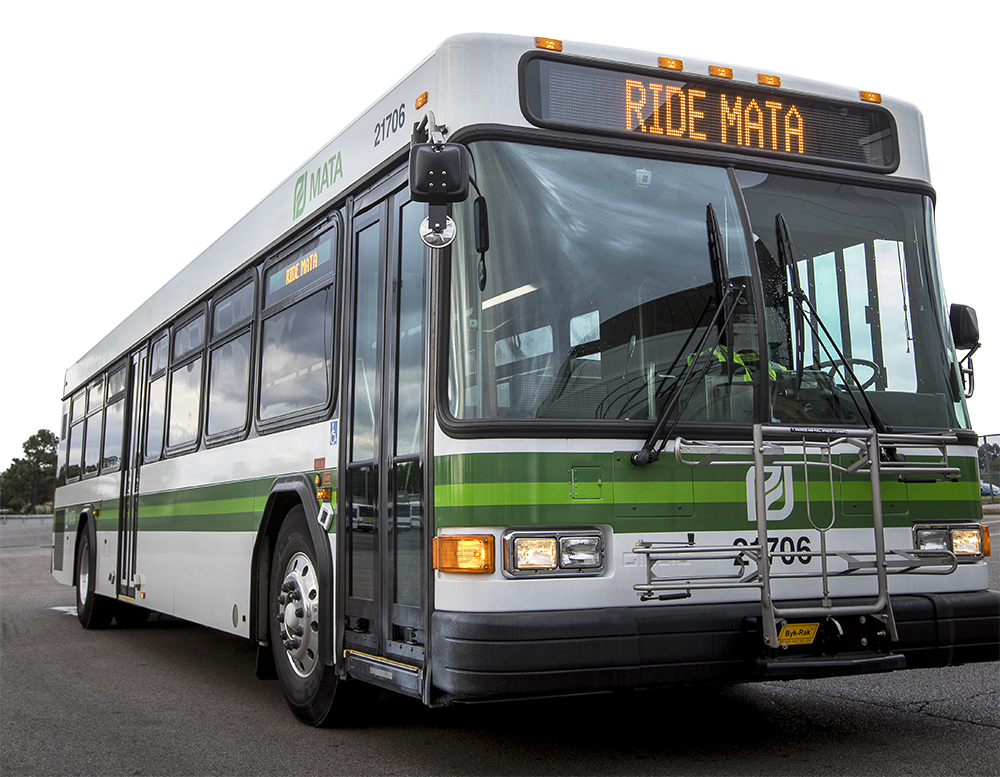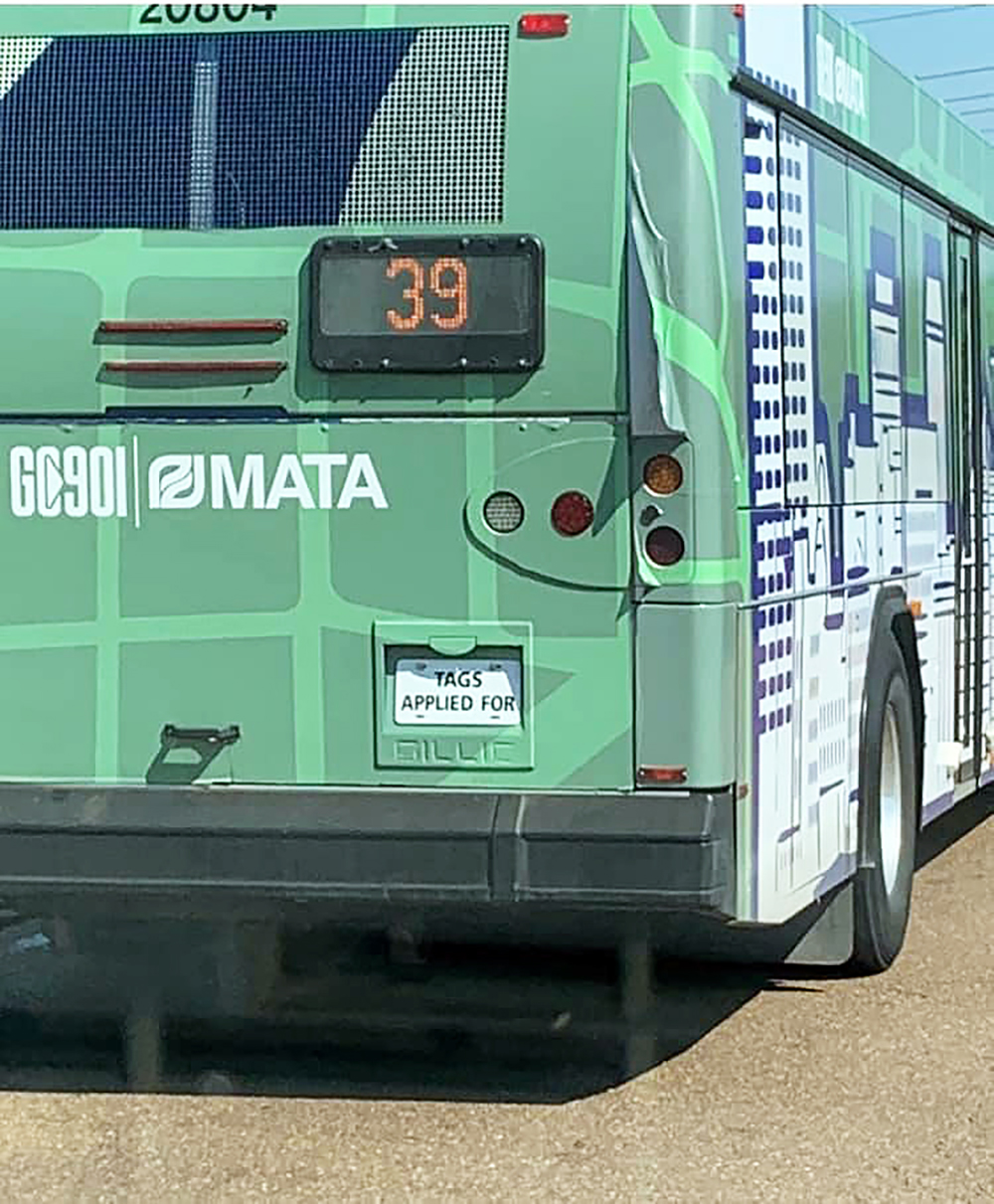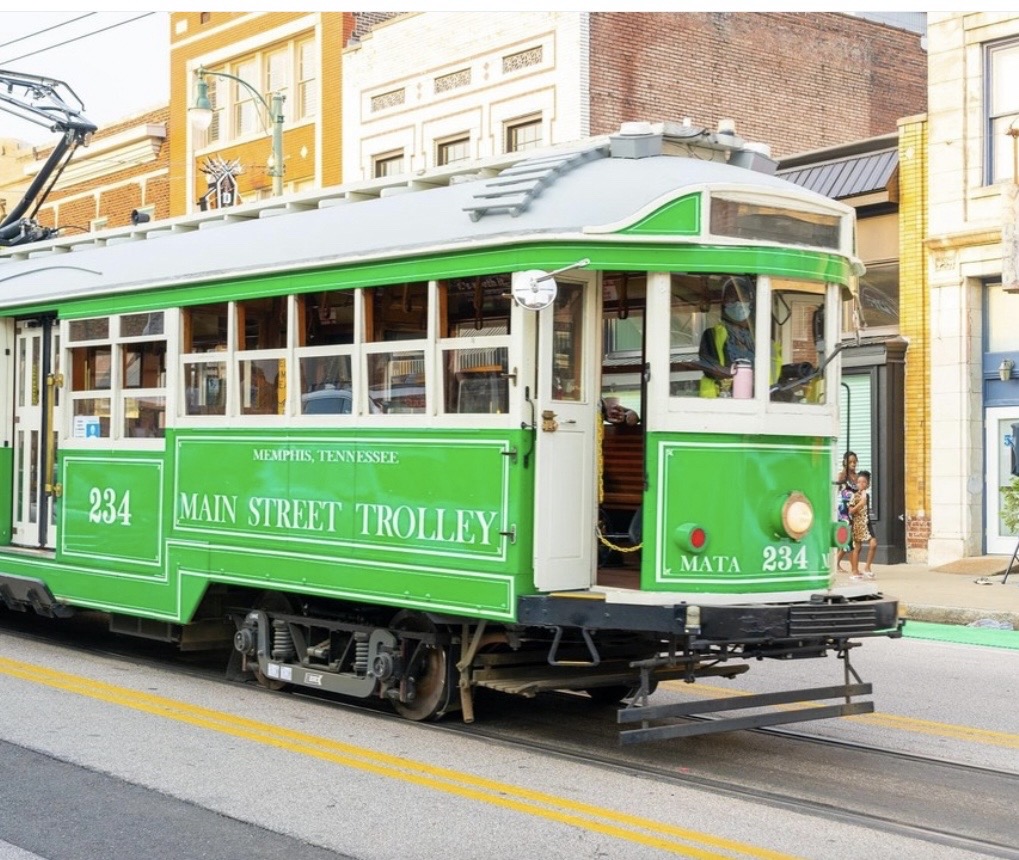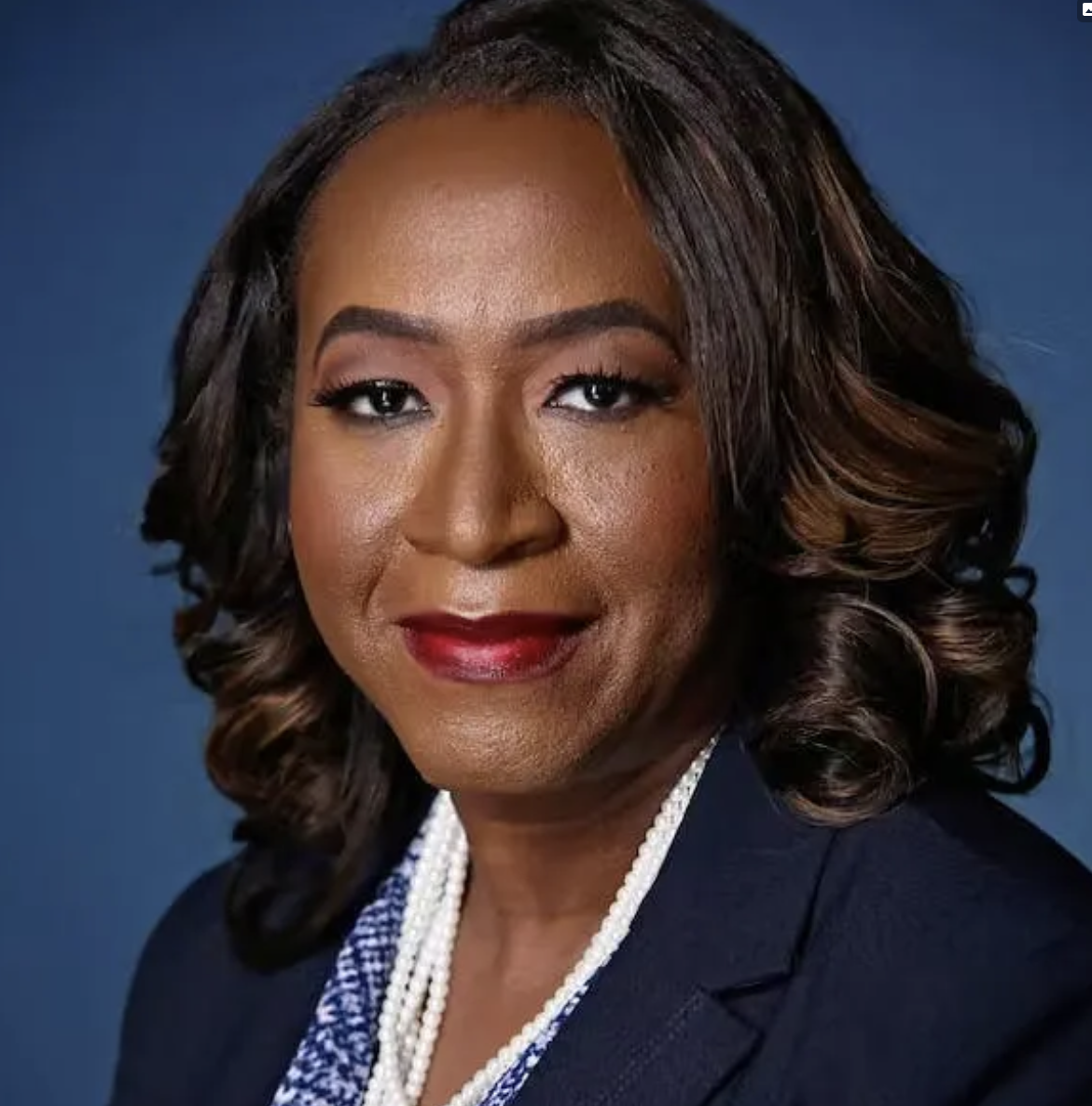Memphis Mayor Paul Young is looking to start a “clean slate” in city transit by replacing all members of the Memphis Area Transit Authority’s (MATA) board of commissioners.
Young made the announcement Friday evening following the release of a TransPro draft report which comes after months of turmoil for the agency.
The mayor is looking to replace the current board with the following members:
Brandon Arrindale
Cynthia Bailey
Emily Greer
Sandi Klink
Brian Marflak
Jackson McNeil
Anna McQuiston
Dana Pointer
Maya Siggers
“This move is more about creating a clean-slate environment,” Young said. “After months of analysis, we received Transpro’s initial draft report today, which clearly spells out the challenges facing our transit system and the need to move with expediency.
“We believe the reset will help us to move more quickly toward our goal of creating a system that better connects our residents with jobs, healthcare, and essential services.”
TransPro, a transportation consulting business, conducted their analysis from August 19 to October 11. During this time the board had passed a budget that not only included service cuts, but prompted the layoff of more than 200 employees. Board members said these cuts were made to ensure the viability of the agency, as officials had announced a $60 million deficit this summer.
“Existing MATA board fails to provide reasonable oversight,” the report said. “Just a month ago the MATA board unanimously adopted a budget with no questions…for a fiscal year that started more than 100 days prior.”
MATA’s board has been criticized by not only bus riders and community advocates, but city leaders as well. During a September Memphis City Council meeting, Council member Yolanda Cooper-Sutton condemned the board for not speaking up about a problem that had been 10 years in the making.
“No one knew there was a deficiency coming down the pipeline? No one?” Cooper-Sutton said. “I’m going to tell you what my spirit is discerning — someone is lying and not telling the truth. You’re not going to tell me that the educated board with all those alphabets behind their name that no one knew and saw this coming for 10 years? It’s unbelievable.”
The analysis notes that public transportation has its share of financial challenges. MATA officials have continuously made note of this citing lack of funding contributing to their budget woes. However, TransPro said MATAs challenges “are further amplified by a lack of focus on the daily needs of customers, poor financial management and oversight, and the pursuit of major projects that are straining the limited staff and fiscal resources of the authority.”
The organization found only 26 percent of the community believed in the agency’s ability to efficiently handle public funds. In order to gain the public’s trust regarding management of funds, they recommend the entire board be replaced.
“The MATA board as currently constituted should be replaced with new members who will take seriously their responsibility to act as the policy and oversight entity of the agency,” the report said. “New board members should be trained on the expectations and responsibilities that membership on this board entails.
“Furthermore, performance metrics should be established on the operations, finances, and customer satisfaction of the agency for the leadership team to be held accountable to and provide true transparency to the community.”
TransPro’s 117-page recommendation thoroughly summarizes recommendations for the agency, analyzes bus usage and ridership, and on-time performance amongst other things. They said a comprehensive financial review “is currently underway.”







